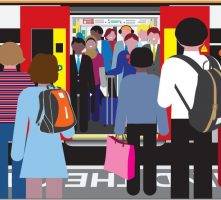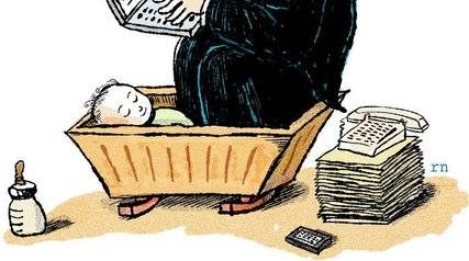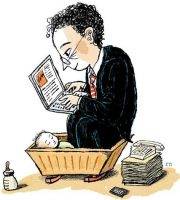September 6, 2016
British workers miss fewer days at work than those in rest of Europe 0
 Ayming, a business performance consultancy, has released its 8th absenteeism barometer, analysing workplace absenteeism and employee engagement across Europe. The research claims that UK workers missed fewer days at work last year than anywhere else in Europe, with 84 percent of workers at work each day. That compared to 72 percent in the rest of Europe, including 71 percent in France. By gender, the proportion of women in the UK who were at work every day was 88 percent surpassing that of men (83 percent). Employees aged 26-30 had the lowest attendance record – only 71 percent missed no days at work – while employees aged 51-62 had an attendance record of 92 percent.Despite the fact that UK workers took less time off work, British workers had the smallest proportion of happy and motivated employees, at just 23 percent. By contrast, 46 percent of German and 54 percent of Dutch employees regarded themselves as both happy and motivated.
Ayming, a business performance consultancy, has released its 8th absenteeism barometer, analysing workplace absenteeism and employee engagement across Europe. The research claims that UK workers missed fewer days at work last year than anywhere else in Europe, with 84 percent of workers at work each day. That compared to 72 percent in the rest of Europe, including 71 percent in France. By gender, the proportion of women in the UK who were at work every day was 88 percent surpassing that of men (83 percent). Employees aged 26-30 had the lowest attendance record – only 71 percent missed no days at work – while employees aged 51-62 had an attendance record of 92 percent.Despite the fact that UK workers took less time off work, British workers had the smallest proportion of happy and motivated employees, at just 23 percent. By contrast, 46 percent of German and 54 percent of Dutch employees regarded themselves as both happy and motivated.

































August 31, 2016
Addressing the five negative influences on organisational culture 0
by Matias Rodsevich • Comment, Flexible working, Knowledge, Workplace
(more…)